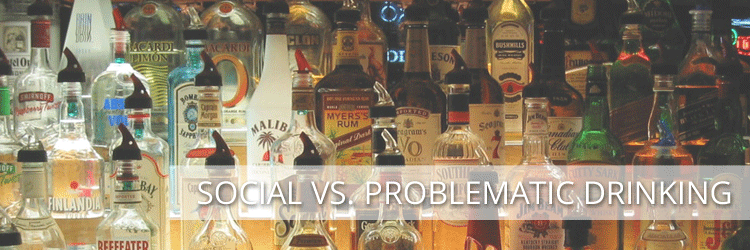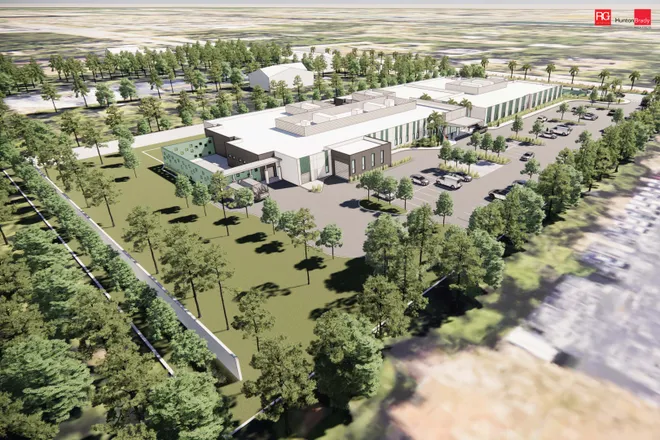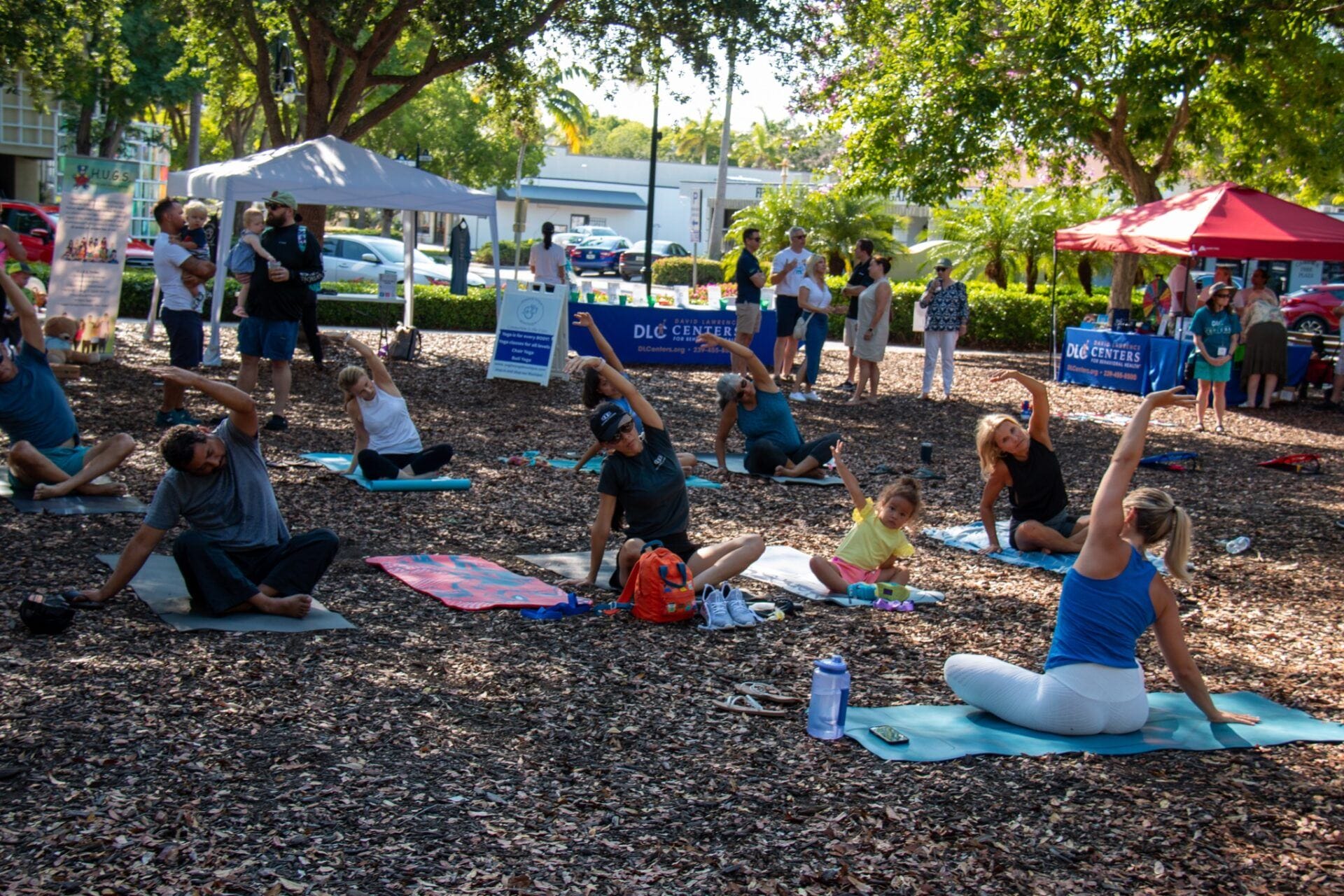
Social Drinking vs. Problematic Drinking: What’s the Difference?
Social drinking tends to be accepted by most cultures and societies. However, many people don’t actually know what the difference is between social drinking and problematic drinking. In case you are wondering out of curiosity, or are concerned about a loved one, let’s review the differences between social drinking and problematic drinking:
Social Drinking
Social or “recreational” drinking is tolerated in most places around the world and is accepted as a legitimate way to wind down after a long day of work or to celebrate an occasion. It is also usually accepted in moderation, when people drink moderate amounts of alcohol occasionally instead of large amounts or nearly every day. People enjoy social drinking for a number reasons, including relaxation or to boost self-confidence in a social environment.
Although there are some who say that there is no such thing as risk-free social drinking, some studies actually suggest that drinking in moderation can result in certain health benefits. It is important to consider that some people who claim to be social drinkers might actually be suffering from an alcohol use disorder. A social drinker will only drink occasionally, will not feel the need to drink in order to have a good time, will not get into trouble as a result of drinking alcohol, will not say or do things they regret when drinking, will not spend a lot of time thinking about alcohol, and will only consume safe limits of alcohol. With those considerations in mind, we find that many people who say they are social drinkers actually suffer from problematic drinking.
Problematic Drinking
Many people may not notice the progression from social drinking to problematic drinking and will become defensive in the face of any criticism regarding their intake. This is a red flag, especially when this person is a loved one. Other warning signs of problematic drinking include continued alcohol use despite negative consequences, failure to meet responsibilities at home or in the work place, and using alcohol in dangerous situations. If the person continues to abuse alcohol, they risk developing a chemical dependence, meaning that their body adapts to consistently high levels of alcohol in the blood stream and will react dangerously when it is withdrawn.
Get Help with Alcohol Abuse: Contact Crossroads in Naples Today
If you are wondering whether your or a loved one’s drinking has developed into problem drinking from social drinking, contact Crossroads at the David Lawrence Centers in Naples. Crossroads can help you and your family address this issue and help find the best solution for recovery. Call Crossroads in Naples today at 239-354-1428 or click here to learn more now.
Apr 25, 2016 | Blog



